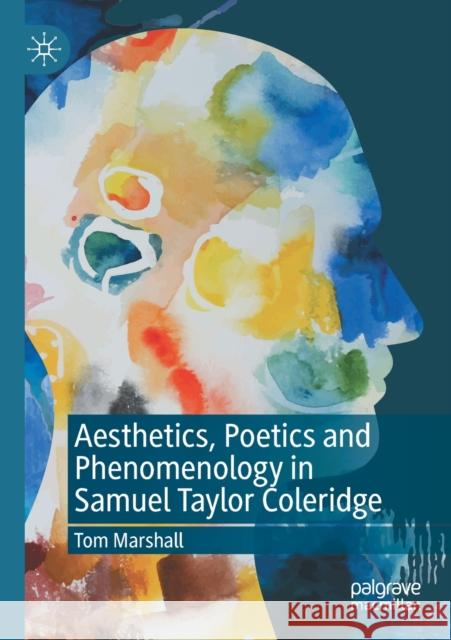Aesthetics, Poetics and Phenomenology in Samuel Taylor Coleridge » książka
topmenu
Aesthetics, Poetics and Phenomenology in Samuel Taylor Coleridge
ISBN-13: 9783030527327 / Angielski / Miękka / 2021 / 224 str.
Aesthetics, Poetics and Phenomenology in Samuel Taylor Coleridge
ISBN-13: 9783030527327 / Angielski / Miękka / 2021 / 224 str.
cena 201,24
(netto: 191,66 VAT: 5%)
Najniższa cena z 30 dni: 192,74
(netto: 191,66 VAT: 5%)
Najniższa cena z 30 dni: 192,74
Termin realizacji zamówienia:
ok. 16-18 dni roboczych.
ok. 16-18 dni roboczych.
Darmowa dostawa!
Kategorie:
Kategorie BISAC:
Wydawca:
Palgrave MacMillan
Język:
Angielski
ISBN-13:
9783030527327
Rok wydania:
2021
Ilość stron:
224
Waga:
0.30 kg
Wymiary:
21.01 x 14.81 x 1.3
Oprawa:
Miękka
Wolumenów:
01
Dodatkowe informacje:
Wydanie ilustrowane











